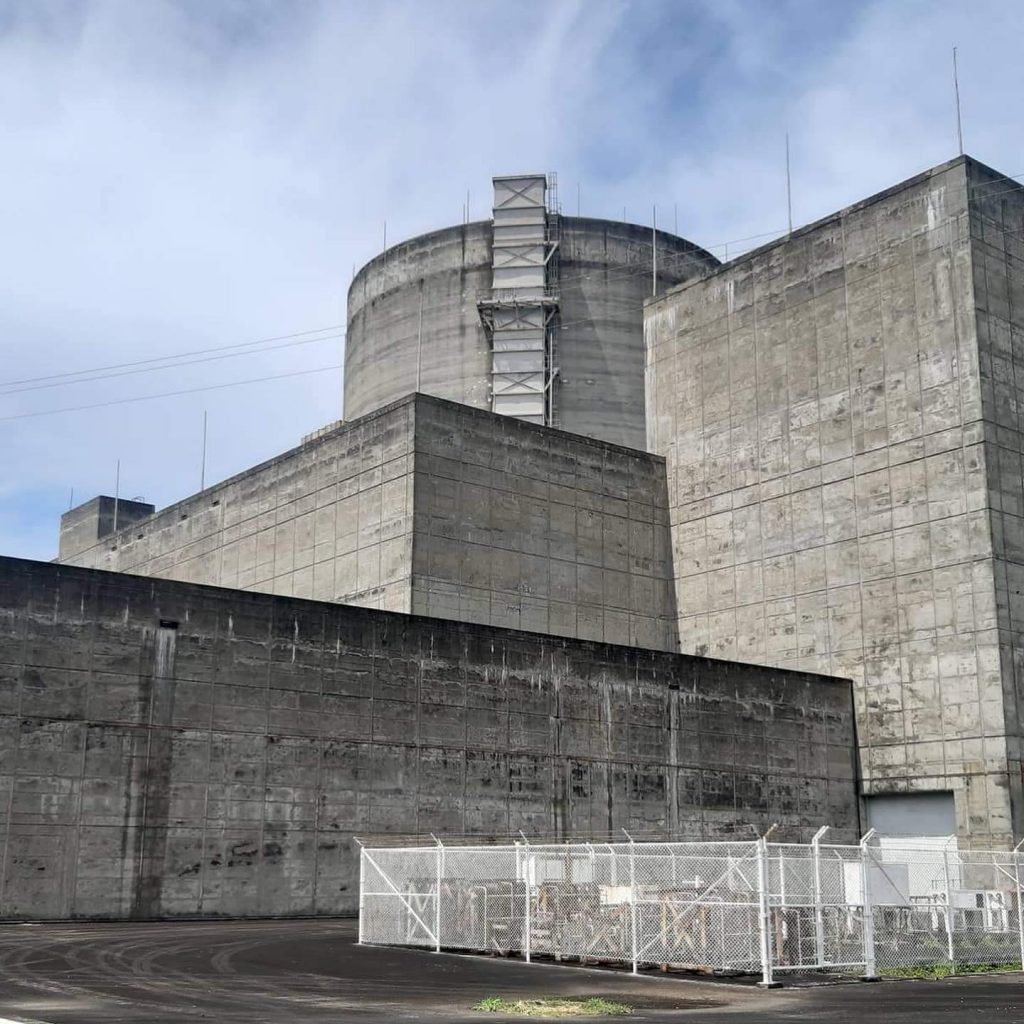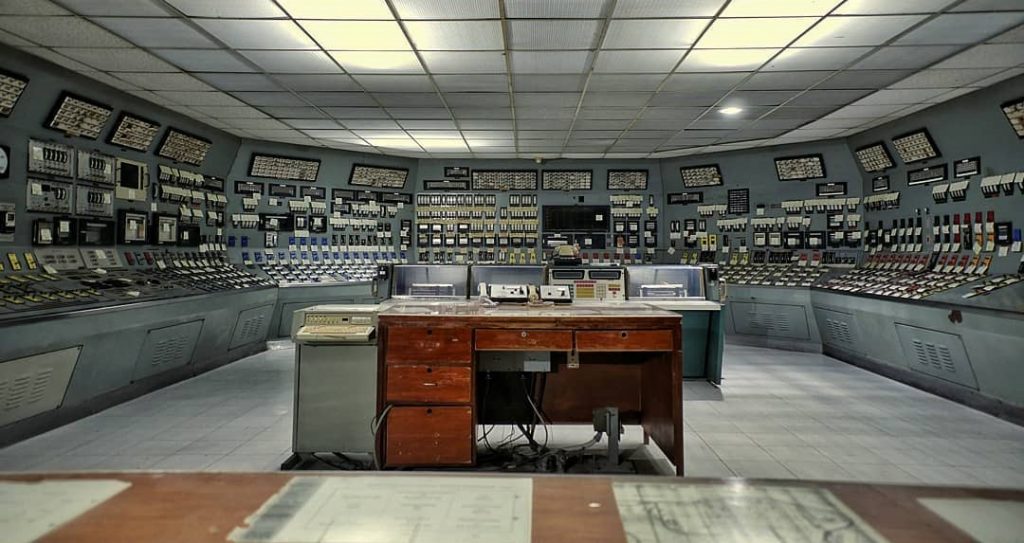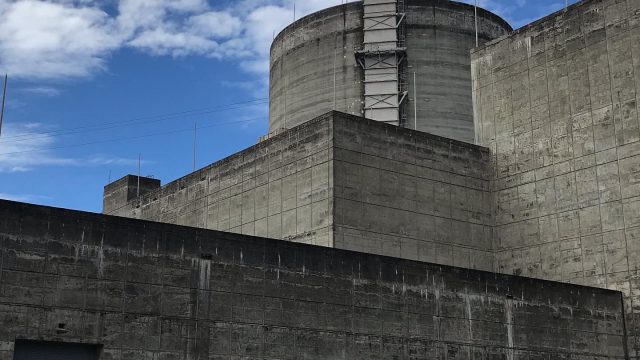MANILA – The Philippines has long been reliant on traditional sources of energy such as coal, natural gas, and hydroelectric power. However, with the ever-increasing demand for energy, it may be time for the Philippines to consider tapping into nuclear power as a viable option.
Nuclear power has long been a controversial topic due to its potential risks and dangers. However, advancements in technology and safety measures have made nuclear energy much safer and more reliable. In fact, many countries around the world have already embraced nuclear power as a means of meeting their energy needs while reducing carbon emissions.
One of the biggest advantages of nuclear power is that it is a clean source of energy that does not produce greenhouse gas emissions, which contribute to climate change. This is particularly important for a country like the Philippines, which is vulnerable to the effects of climate change, such as rising sea levels and more frequent natural disasters.

In addition to being a clean source of energy, nuclear power is also incredibly efficient. A single kilogram of uranium, for example, can produce as much energy as 1,500 tons of coal. This means that nuclear power plants can generate a large amount of energy with a relatively small amount of fuel, making it a cost-effective option in the long run.
Of course, it is important to consider the potential risks associated with nuclear power. Accidents such as the ones at Chernobyl and Fukushima have shown that nuclear disasters can have catastrophic effects on the environment and human health. However, it is worth noting that these accidents occurred due to human error and inadequate safety measures. With proper regulation and safety measures in place, the risks associated with nuclear power can be greatly minimized.

It is also important to note that nuclear power is not a silver bullet solution to the Philippines’ energy needs. It should be considered as part of a wider strategy that includes renewable energy sources such as solar and wind power. By diversifying its energy sources, the Philippines can ensure a reliable and sustainable energy supply for the future.
In conclusion, the Philippines should consider tapping into nuclear power as a viable option to meet its growing energy needs. While there are risks associated with nuclear power, these can be minimized with proper regulation and safety measures. Additionally, nuclear power is a clean and efficient source of energy that can play an important role in reducing the country’s carbon emissions and mitigating the effects of climate change.



One thought on “Is It Time for Philippines To Tap Nuclear Power Source?”